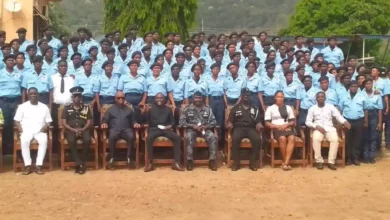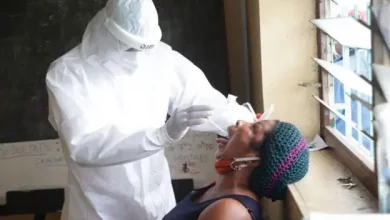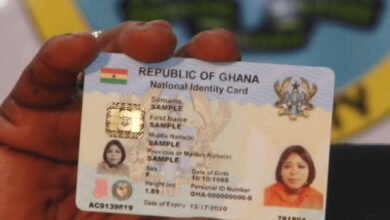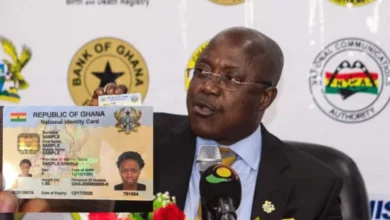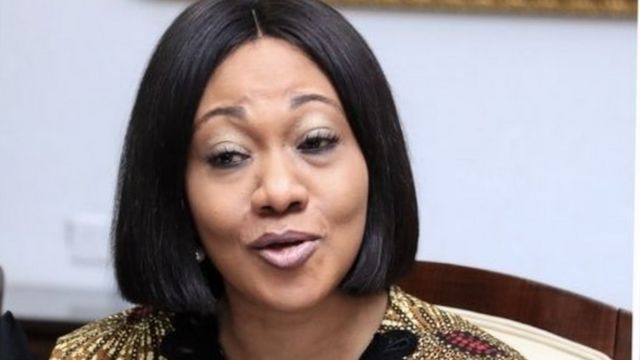
The Supreme Court on Tuesday, February 16, 2021, turned down a request by John Mahama, flagbearer of the National Democratic Congress (NDC), to have the Chairperson of the Electoral Commission (EC), Jean Mensa, cross-examined through a subpoena application.
Lead counsel for Mahama, Tsatsu Tsikata had earlier described Jean Mensa as a hostile witness for deciding not to testify in the election petition case.
Mr. Tsikata who had earlier closed his client’s case had wanted it reopened after the Supreme Court upheld the decision by the first and second respondents – the Electoral Commission and President Nana Addo Dankwa Akufo-Addo – not call any witness.
He also was seeking a decision from the court to subpoena Jean Mensa in case the application to reopen his client’s case was upheld.
The justices of the Supreme Court explained that Jean Mensa cannot be tagged as a hostile witness because she had not yet mounted the witness box in the ongoing case.
The Supreme Court subsequently rejected Mr. Tsikata’s request for the case to be reopened and also to have Jean Mensa put in the witness box.
The justices of the apex court indicated that the petitioner failed to meet the threshold for which leave can be granted for a party to reopen their case to adduce further evidence.
“A witness who has not yet entered the witness box to testify cannot, therefore, be called an adverse or hostile witness under any circumstance. The petitioner has not demonstrated to us in any way that the decision of the respondents not to testify which was upheld by this court in its ruling on February 11, 2021, has occasioned any miscarriage of justice,” Chief Kwasi Anin-Yeboah read on behalf of the seven-member Supreme Court panel on Tuesday, February 16, 2021.
“The rules permit a party to call or not to call a witness who has filed a witness statement to testify, as the mere filing of a witness statement does not constitute an election to testify as we rightly held in our ruling on February 11, 2021. Again, the petitioner did not decide to close his case after the testimony of his third witness just because the chairperson of the first respondent has filed her witness statement. This is because, in law, a plaintiff or petitioner does not require evidence from his or her adversary in a system like ours to prove his or her case… The plaintiff or the petitioner succeeds on the strengths of his or her own case and not the weakness of his or her adversaries’ case.”
Meanwhile, Mr. Tsikata says his team has filed for a review of the court’s ruling that upheld the decision of the EC Chairperson not to testify in court.
The petitioner has also served notice of filing for a stay of proceedings.
The Supreme Court had earlier ordered the lawyers in the case to file their closing addresses by Wednesday, February 17, 2021.
Source: citinewsroom
